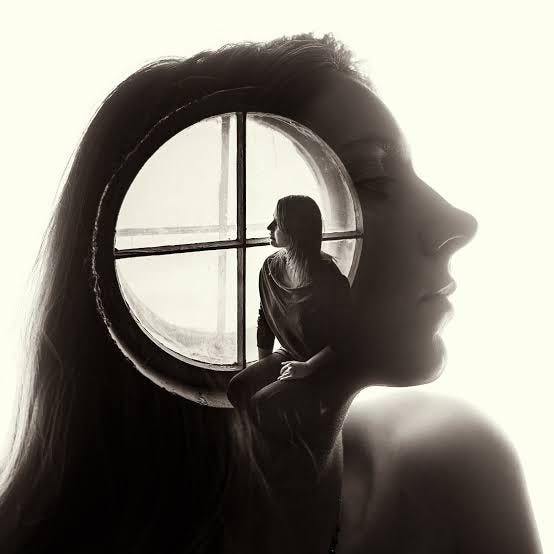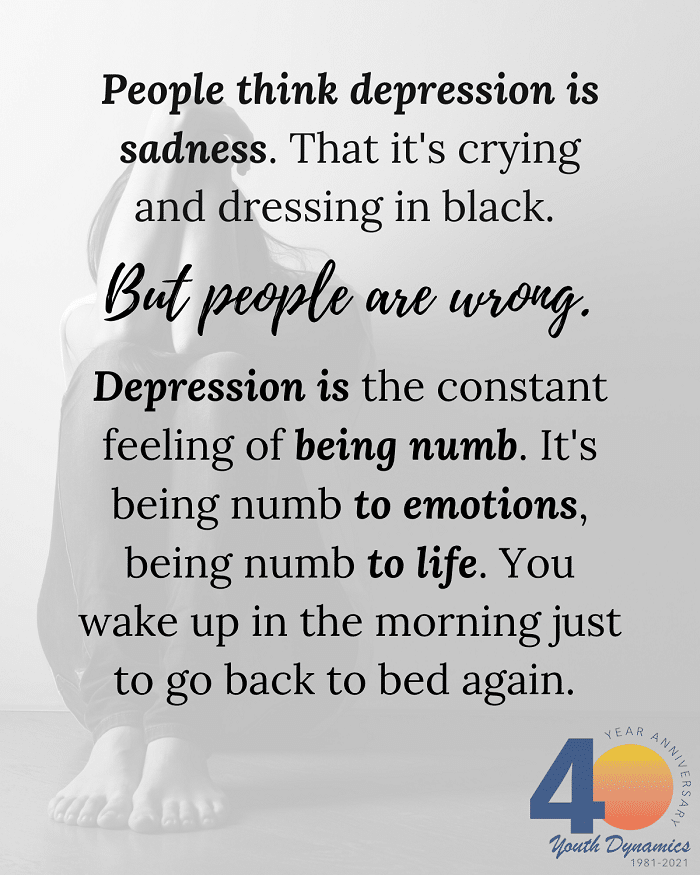Member-only story
Blackstone and The Halloween Assumption

Performativity and exhibitionism are two of the most enduring and pervasive problems in our intensely narcissistic society.
Social media enables it.
The business ecosystem enables it
Politics enables it
In fact, most organized systems of human interaction enable it.
This is the reason mental health issues are often not taken seriously. Depressed people get the trying-to-be-deep brass tag.
Suicidal people get labeled attention-seeking snowflakes.
We use the term OCD with so much levity that actual victims are just pooh-poohed and told to get their act together.
On my side of the globe, mental health issues are like the pink elephant in the room.
It’s weird, we don’t talk about it and we believe something foreign probably brought it.
We pride ourselves on being emotionally and psychologically resilient. On being impervious to invisible, “millennial” illnesses like depression- even while sitting on a mental health epidemic waiting to erupt. In fact, there is this common misconception that Nigerians are the happiest people in the world, which isn’t true. Finland holds the title. What we have is a superficial kind of happiness that is a product of sublimation; a defense mechanism where humor is weaponized to avoid thinking about your problems. So when one of us boldly admits to struggling with mental health issues, they get:
- The evil eye
- The tough love treatment
- Or what I call the Halloween assumption
And it is this Halloween assumption that I want to talk about.

The Halloween assumption is a situation where someone believes your battle with mental health is one big, elaborate performance. Basically, a mental health trick or treat where you garb yourself in, say depression, and anxiety, and go a-witching, hoping someone notices you. The whole charade ends with you “treating” them when they respond in a good way and deciding to give life the…
